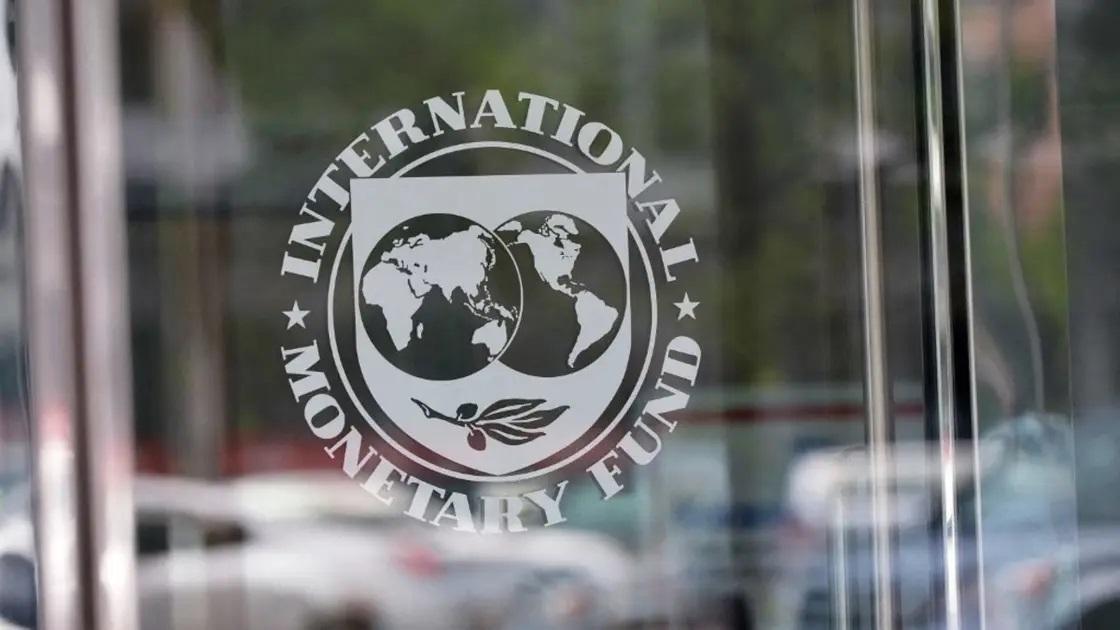Africa-Press – Mozambique. The economist at the International Monetary Fund (IMF) who coordinated the report on sub-Saharan Africa said today that the future program in Mozambique will focus on rationalizing public servants’ salaries and sustainable reforms.
“The rationalization of the wage bill and structural restrictions to ensure a lasting consolidation of the size of the public sector, debt management, restrictive financing conditions in the current budget and a structural problem in the country, which is weak governance,” are some of the challenges facing Mozambique and the points under negotiation between the government and the IMF.
“I am not part of the Fund’s technical team that negotiates with the authorities, but these are things that will be taken into account in the negotiations between the two parties,” said Thibault Lemaire.
In an interview with Lusa at the end of the Spring Meetings of the World Bank and the International Monetary Fund (IMF), which ended in Washington on Saturday, the economist stressed that the program had not yet been agreed upon, and is still in negotiation, and explained that these new talks come after the post-election violence in the last quarter of last year and the government’s request for a new program.
“In the context of the new 20-year development strategy and the five-year government strategy, the authorities on April 17 requested a new program, to better align the IMF program with the priorities and vision of the new government,” Lemaire said.
The main objectives of the new program, which does not yet have a defined financial envelope, are “to support the authorities in achieving macroeconomic stability to reduce debt vulnerabilities through budgetary consolidation and structural reforms and to ensure sustainable inclusive growth and safeguard social spending”.
On April 18, the IMF announced that it had agreed with the government not to prolong the Extended Credit Facility (ECF), whose targets the country was unable to meet in the last quarter of the year due to the violence in the country.
The ECF program was approved in May 2022 and provides for a total financing of US$456 million (€416.2 million) to Mozambique, with four tranches already released.
The IMF argued in early March that Mozambique needs “fiscal consolidation” in 2025 to ensure the sustainability of public accounts, given the significant budgetary slippage seen in the previous year.
In addition, Mozambique has experienced almost five months of social tension, with violent demonstrations, initially in protest against the results of the October 2024 election.
Almost 400 people lost their lives in clashes with the police, according to data from civil society organizations, which also led to looting and destruction of businesses and public and private infrastructure.
The Mozambican government previously confirmed at least 80 deaths, in addition to the destruction of 1,677 commercial establishments, 177 schools and 23 health units during the demonstrations.
On March 23, Mondlane and the President of Mozambique, Daniel Chapo, met for the first time and a commitment was made to end post-election violence in the country, although mutual criticism and accusations continue in the two politicians’ public statements.
For More News And Analysis About Mozambique Follow Africa-Press






